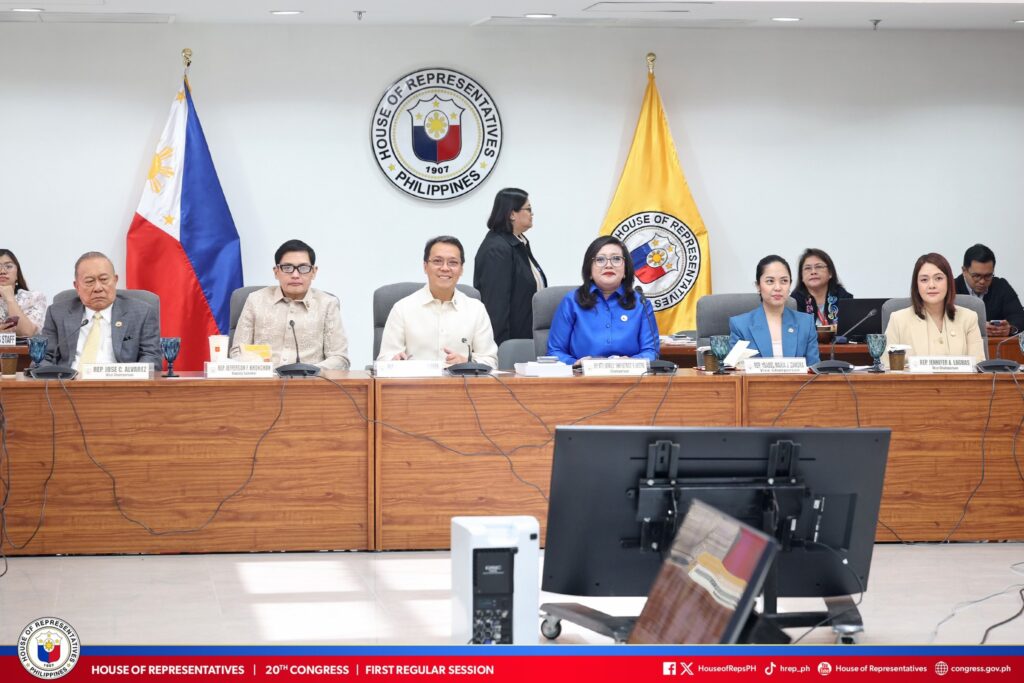One year after he was appointed head of the Department of Finance (DOF), Secretary Ralph Recto is now singing a different tune.
When he assumed office in January 2024, Secretary Recto declared the DOF’s direction under his leadership: “No new taxes, just better collection.” Last year, the government aimed to collect ₱4.3 trillion, with a division of ₱3 trillion from the Bureau of Internal Revenue (BIR), ₱1 trillion from the Bureau of Customs (BOC), and ₱300 billion from the Bureau of Treasury (BTr).
Despite the economic challenges, Secretary Recto stated there were no plans for new taxes due to their inflationary impact in the current high-inflation environment. To meet the department’s target revenue, he said the government would pursue some tax reforms and “intensify the implementation of digitalization initiatives, strengthen enforcement efforts, improve the administration of taxes, and intensify its anti-corruption drive.”
However, on the sidelines of the World Economic Forum (WEF) in Switzerland two weeks ago, the Finance chief admitted that the “Marcos administration needs new tax measures.” This seeming change of policy comes despite preliminary figures from the DOF as of January 16 showing the government had collected ₱4.41 trillion in 2024, surpassing the ₱4.3 trillion target receipts of the Marcos administration.
One may ask: Why the sudden “change of heart?” Secretary Recto explained that new tax measures are needed mainly to offset the impact of a slower rate-cutting cycle on the government’s debt service burden. This statement suggests that the policy of no new taxes, a campaign promise of the president, may not be fulfilled after all.
In an interview with Bloomberg while attending the WEF, Recto said one of the tax measures is expected to give the government an additional ₱300 billion in revenues over the next four years, which could help cut the budget deficit and debt.
Among the priority measures of the DOF are the value-added tax (VAT) on digital service providers (DSP), the imposition of excise tax on single-use plastics (SUPs), Package 4 of the Comprehensive Tax Reform Program (CTRP), rationalization of the Mining Fiscal Regime, and reform of the Motor Vehicle Users’ Charge (MVUC). However, only the VAT on DSP was enacted into law.
Despite surpassing last year’s revenue targets, Secretary Recto now believes it’s important for the executive department to have new tax bills finally signed into law amid expectations of a slower decline in interest rates at home and abroad.
This shift in stance raises questions about the administration’s commitment to its campaign promise of no new taxes. While the need for additional revenue to service the government’s debt is understandable, it is crucial to explore alternative solutions that do not burden the already-taxed populace.
One such solution is to intensify the campaign against tax delinquents and evaders. The pursuit should include the unpaid ₱203.8 billion estate tax debt from a prominent political family. Some would say “Suntok sa buwan ito,” but the BIR should continue to go after these uncollected taxes.
I wonder if the BIR, with the DOF’s approval, will issue a demand letter to the heirs of the late President Marcos Sr. to settle the estate’s multi-billion tax liabilities. The last time a sitting BIR Commissioner announced such an initiative, she was dismissed from her position.
During a TV interview, then-Commissioner Lilia Guillermo was asked about the issue. She responded by stating that she needed to first review the documents related to the tax liabilities. If the tax collection was necessary, she mentioned that she would advise the President to be a “role model” in paying taxes.
Addressing tax delinquencies and evasion should be a priority, as it not only boosts revenue but also promotes a culture of accountability and transparency.
For feedback or comments, please email me at jojoterencio@gmail.com




